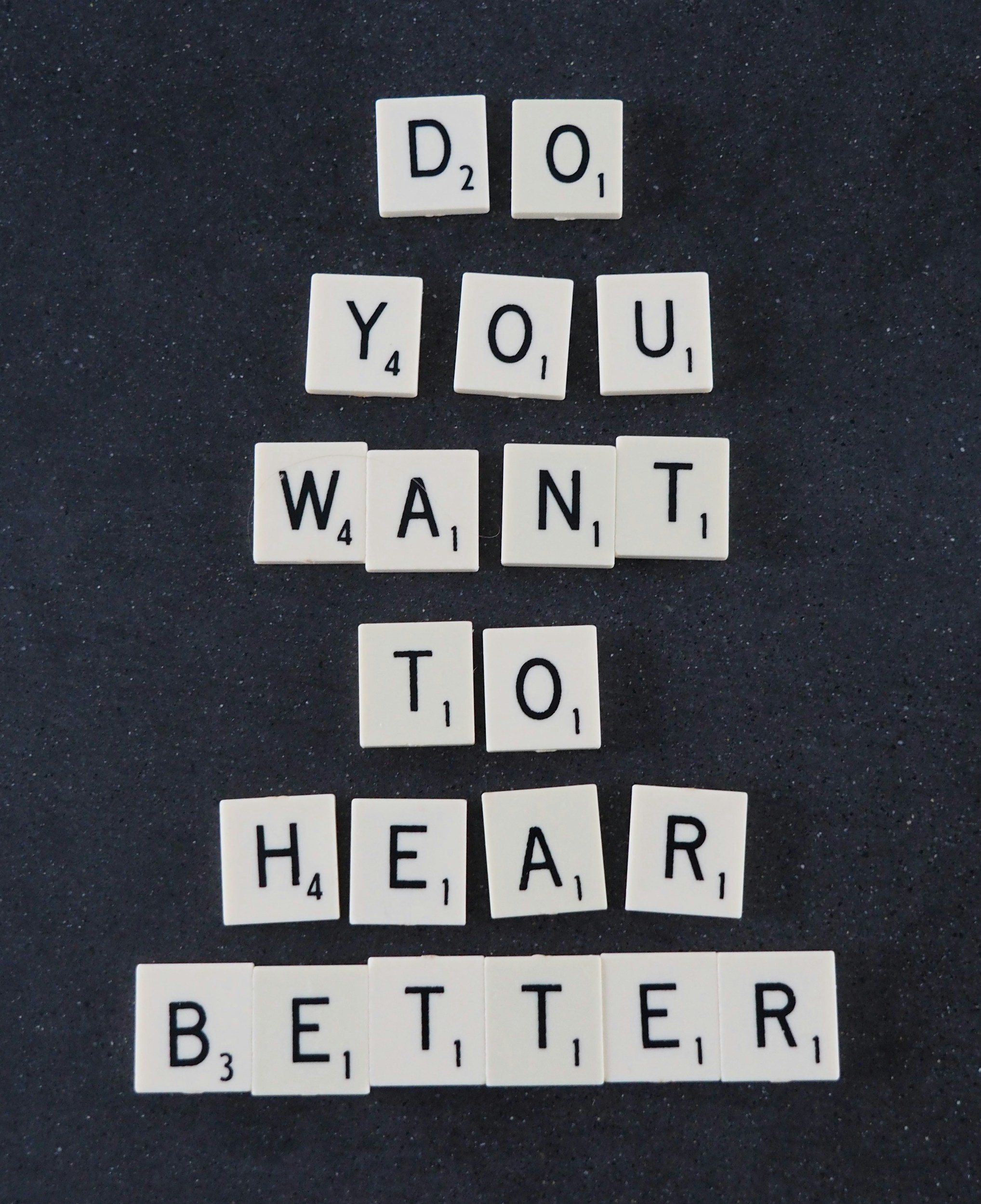Iro Nro, The Art of Dream Interpretation!
ONYE OZI by AgoziemArt
You may wonder if there’s a formula for interpreting dreams. Do you need to be a diviner with mystical powers? The answer is yes, there is a method, what we call Dreamwork, but no, you don’t need mystical powers.
Dream interpretation relies on intuition (amongst other key factors), which is innate in every human being. As long as you are human, you have what it takes to remember, question, and interrogate the deeper meaning of your dreams. So let’s get to the gist of it, you’ve already got the sauce!
We’ll keep this teaching focused on two things: key questions you can ask yourself and important factors to consider when interpreting dreams. These alone provide a solid foundation to set us on the right path.
What is Dream Interpretation?
Dream interpretation is the process of analyzing and assigning meaning to the symbols and images that appear in dreams.
Throughout history, dreams have been studied in both psychology and metaphysics. They are understood as pathways to the unconscious and subconscious mind, offering valuable insight, guidance, and opportunities for personal growth.
Dream interpretation is not as simple as applying a fixed dictionary of symbols. Every dream is unique, carrying meanings shaped by the dreamer’s personal experiences, context, and inner world.
Because of this, the art of dream interpretation is deeply subjective, what a symbol means for one person may hold an entirely different significance for another. As you read on, you’ll see more clearly why dreams must always be understood in relation to the person who dreams them and their culture.
Documenting Your Dreams
The first thing to consider with dream work is documenting your dreams. If you want to be able to recall your dreams more often, or get the most out of the messages they bring, a great practice is to always write down or record your dreams as soon as you wake up, or at any point when the details are clearest to you.
Write down or record every detail you can recall—the storyline, colors, tastes, smells, activities, and any sensations available to you in the dream. No detail is too small.
Pay special attention to how you felt during the dream. Record your emotional responses to the events as they unfolded, this is a very important key to interpretation.
Ask yourself: What do I remember from this dream? Write down all the details. Then ask: What feelings were present? Record those as well.
Take note of everything, people, objects, places, even inanimate things. Each element contributes to the bigger picture of what your subconscious or unconscious is communicating.
Noting Symbolic Elements in Your Dreams
Another key aspect of dream work is paying attention to the symbolic elements in your dreams. These are the objects, actions, people, places, words, or concepts that point beyond their literal meaning to something deeper.
Symbols are essential to dream interpretation because they carry layers of significance, projecting meanings that reflect your inner world. Recognizing and interrogating these symbolic elements helps reveal the layered messages your subconscious or unconscious is trying to communicate.
When working with symbolic elements in dreams, it’s very important to consider your cultural context. Cultural context refers to the social, historical, and environmental influences that shape your beliefs, values, traditions, and practices, including those of your community or people.
It includes shared knowledge, customs, language, symbols, and totems passed down through generations. This context provides the framework for understanding the meaning of dream symbols, helping you interpret them in ways that align with your identity and worldview. In short, cultural context is key—it shapes how symbols speak to you personally and collectively.
Do you see why it is important to consider your cultural context while interrogating what a symbolic element from your dreams might represent? Because what a symbol might represent within your culture might be separate from what it represents in someone else’s culture.
You contain multitudes. You come from a lineage of great people who had, and most likely still have, spiritual as well as cultural practices, totems and much more which whether knowingly (consciously) or unknowingly (unconsciously) you are a part of, as you share in their subjective consciousness.
In other words, it’s easy to miss out on a whole world of possibilities as to the strength of the messages the symbolic elements that show up in your dreams might be bringing to you, if you do not consider this essential factor of cultural context. So ask yourself this question, what were the symbolic elements in my dream? Then take note of them.
Further Clarification on Symbolic Elements
For those still wondering about symbolic elements, let’s look at an example. Imagine you dream of being back in your old high school, university, or college. In this case, the school setting itself is a symbolic element, as is the presence of former classmates or colleagues. These symbols may point to themes of learning, growth, unfinished business, or relationships from that period of your life.
Let’s say one also has a dream where crocodiles or alligators were present, or maybe dogs or pythons (snakes), a symbolic element in these dreams would be the presence of the animals, and if they were to be in a body of water by chance, the presence of that body of water would also be a symbolic element.
Let’s also say that one has a dream where they were being pursued by masquerades, a symbolic element in that dream would be the masquerades in pursuit. And, if by chance the masquerades were present in the dream but there was no chase, the masquerades would still be a symbolic element and the state they were in (non pursuit) would be noted and taken into consideration as well.
Let’s say finally, that one has a dream where (familiar) little children where present, a symbolic element would be those familiar little children.
The meaning of symbolic elements usually depends on cultural context. What a symbol represents in your culture or worldview may differ completely from how it is understood in another.
Also note: when highlighting symbolic elements in examples, we always use “a” rather than “the”, because a single dream can contain multiple symbolic elements.
Finally, the examples given are just the tip of the iceberg. The possibilities in dreams are endless. These illustrations are meant only to clarify what a symbolic element is, and to offer guidance for those who needed extra clarity from the earlier definition.
The Role Intuition Plays in Dream Interpretation
On the subject of intuition, it’s wise to begin with a self-assessment. Ask yourself: How much of my thinking is shaped by religious dogma or superstitions that breed fear? This awareness is important, because such influences can cloud perception.
When it comes to dream interpretation, we must resist dogma and superstition. They distort understanding and block us from receiving the liberating insights our unconscious mind is offering. True dreamwork requires openness, free from fear, so that the messages of the soul can emerge with clarity and power.
Conduct an honest self-assessment and consider your spiritual development when relying on intuition to interpret your dreams. Ask yourself how much you may still be influenced by fear-based dogmas or superstitions. With that clarity, you can better discern whether your intuitive feelings are credible guides.
Above all, avoid interpreting dreams from a paradigm of fear, as it can distort meaning and cost you the valuable insights your unconscious is trying to reveal.
In Conclusion, The Universality of Dreams
On a final note, the act of dreaming itself is universal. It is done and experienced by (almost) everyone. It exists and is available for everyone at all times, in all places. However, the art of dream interpretations is not necessarily universal in the same sense.
For its best results, dream work has to be done as a subjective exercise; exploring many possibilities of translations or interpretations within the realm of subjectivity. If you must consider anything universal when it comes to dream work, it should be the universal belief systems of your own people (heritage). What certain things mean to them on a cosmic scale, and what it can consequently mean to you.
This is not to say we cannot draw wisdom from universal symbolism or the broader significance certain symbols carry across cultures and times. Such insights can be valuable when they resonate with our own experiences.
With this teaching, our aim has simply been to highlight key questions you can ask yourself, along with important factors to consider, when approaching the interpretation of dreams. These serve as guiding tools, not fixed rules, for uncovering the meaning your dreams hold. Yagazie!
Recommended resources:
Step 4: Nrọ | Odinani: The Sacred Arts & Sciences of the Igbo People (Article)
Teachings on Dreams and Its Interpretations | Nwaanyi Amechi ọkụnanọ (YouTube)
Dream can manipulate your life | Mmili Enwe Ilo Okalakwu (YouTube)








